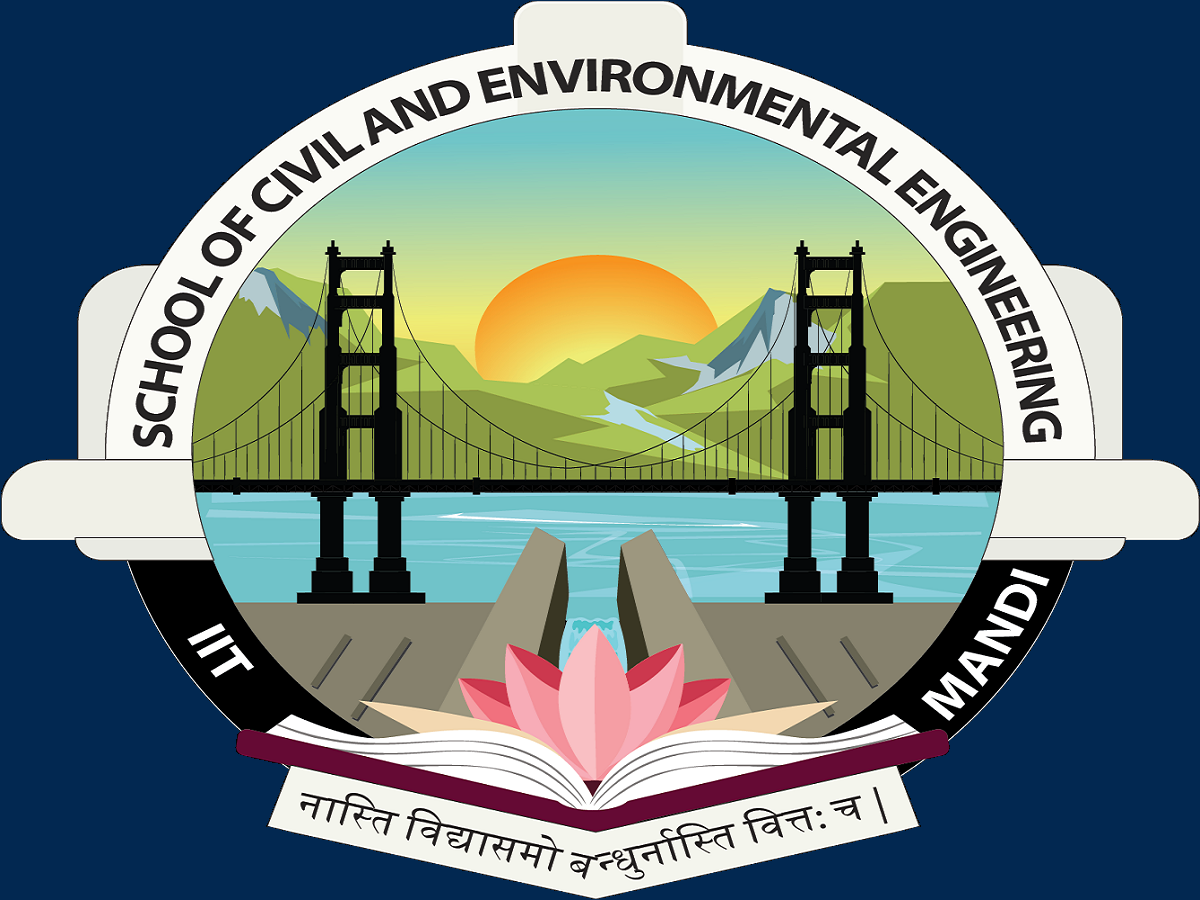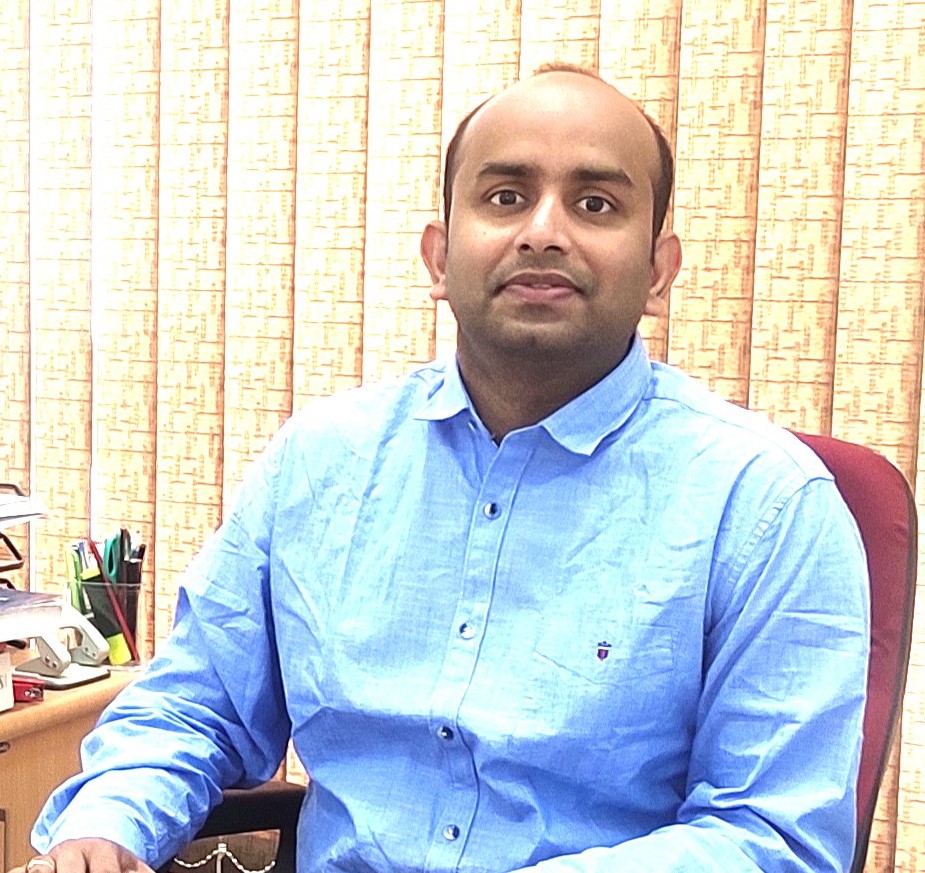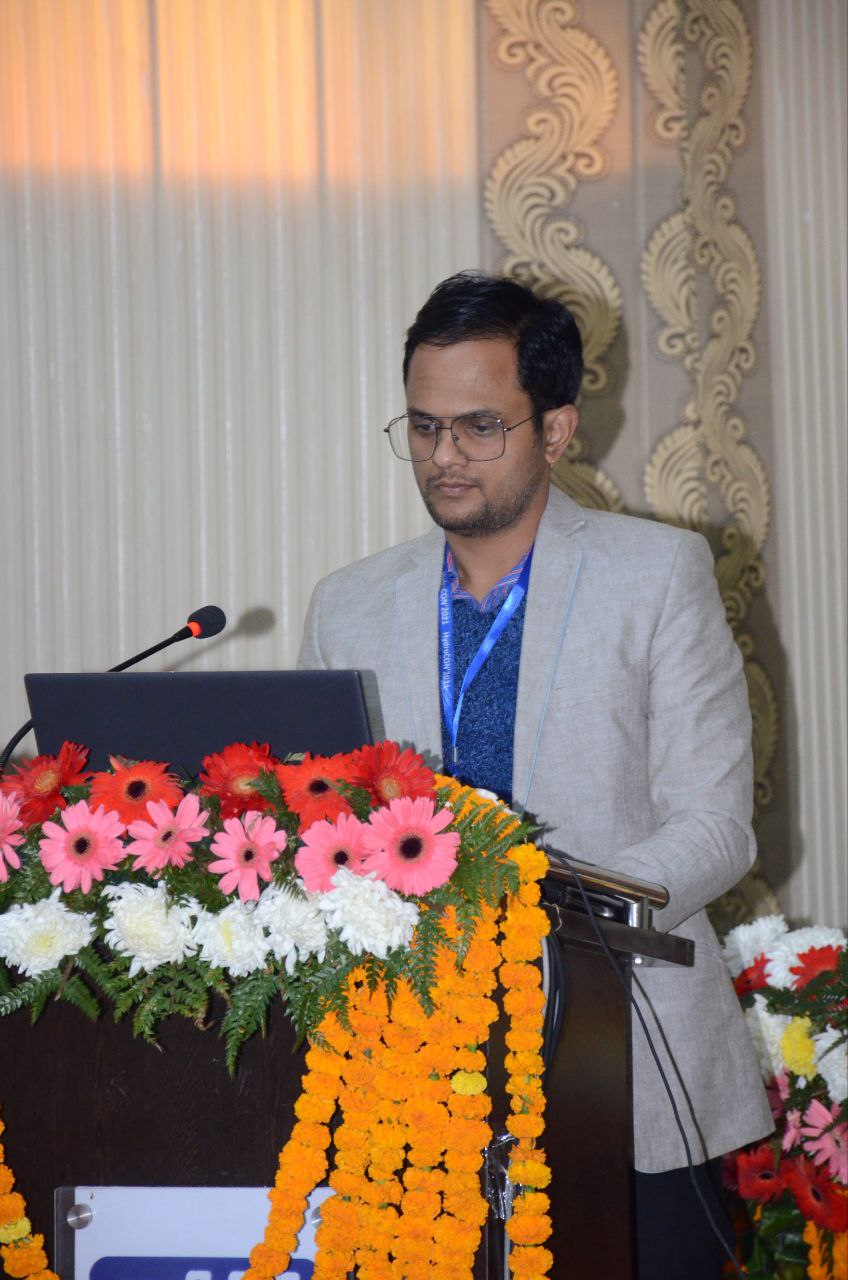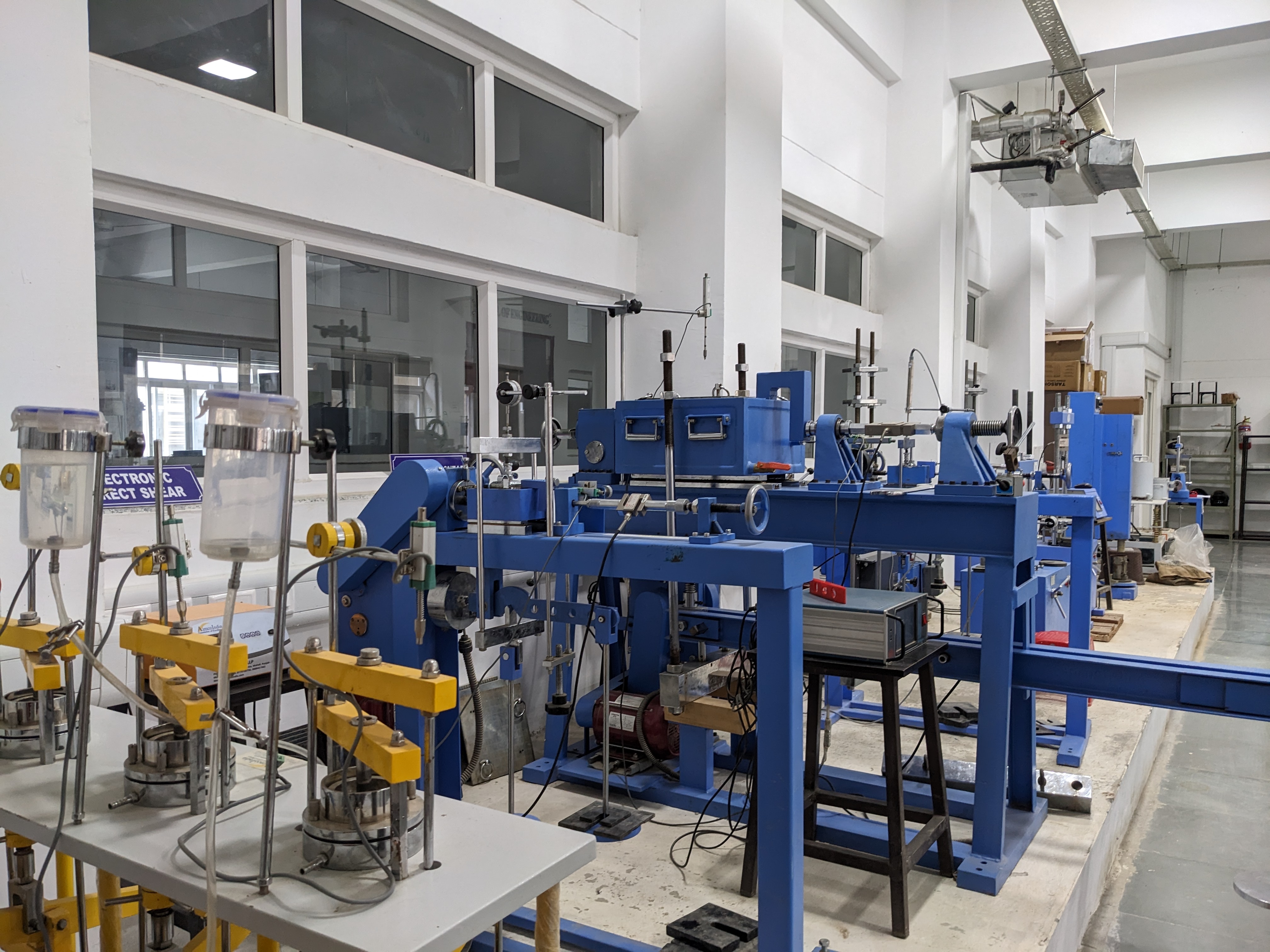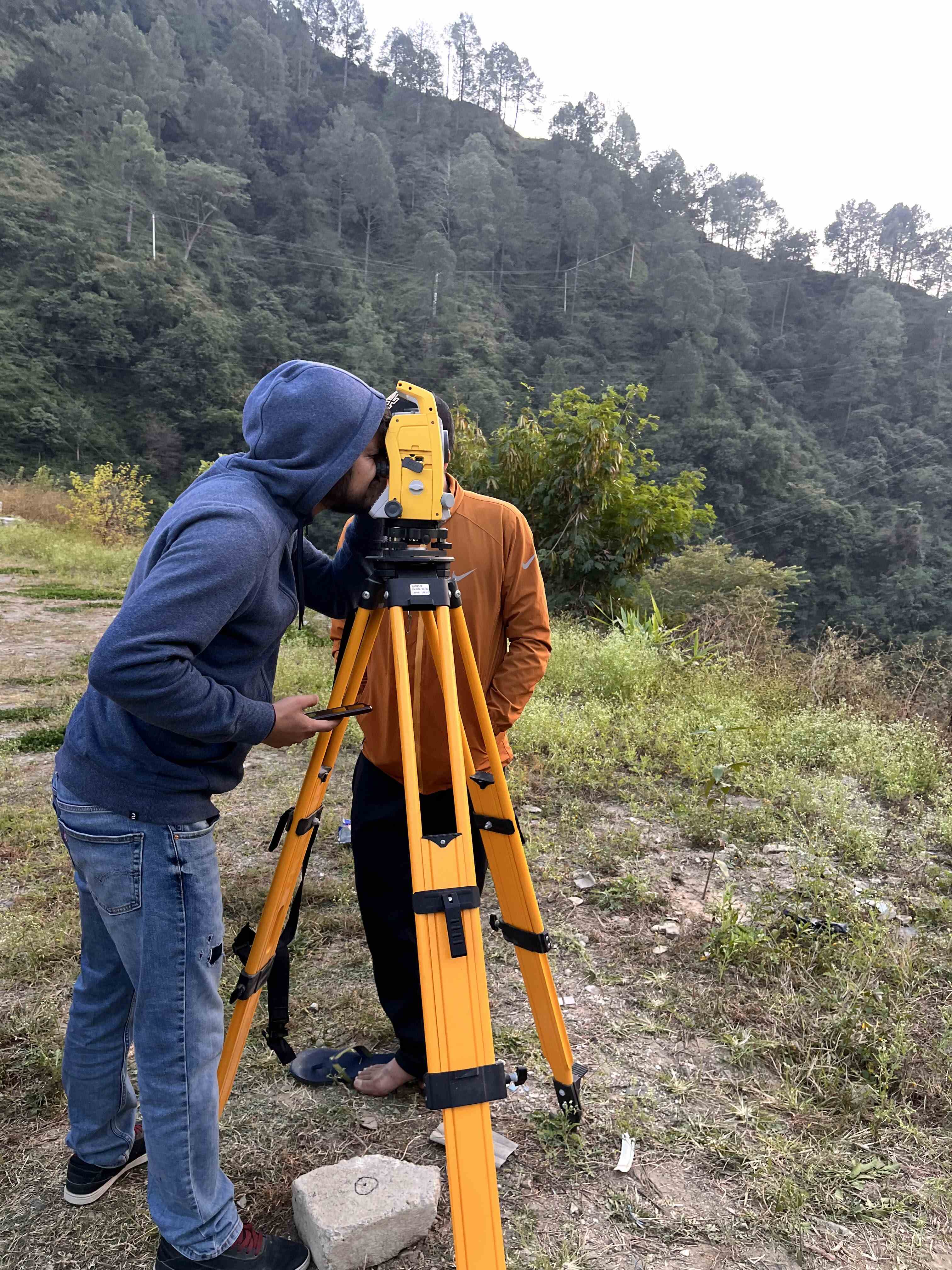Geotechnical Engineering

About
IIT Mandi have wide range of facilities in Geotechnical Engineering department. Geotechnical Engineering is a specialized branch of civil engineering that deals with the behavior of earth materials, such as soil, rocks, and groundwater, and their interaction with civil infrastructure and construction projects. This Department deals with the principles of soil mechanics, rock mechanics, and engineering geology to design safe and stable foundations, slopes, embankments, and other structures that interact with the ground.
Key aspect:
- Foundation Design: Designing foundations that support buildings, bridges, dams, and other structures, and analysis of soil and rock properties to determine the appropriate type of foundation, such as shallow foundations (footings) or deep foundations (piers and piles).
- Slope Stability Analysis: Stability evaluation of natural slopes and man-made embankments. To assess potential risks of landslides and recommend stabilization measures to ensure safety.
- Earth Retaining Structures: Design retaining walls and other structures that retain soil and prevent erosion. These structures are common in transportation projects, such as highways and railways, as well as in construction on hilly or uneven terrain.
- Ground Improvement Techniques: This may include compaction, grouting, soil stabilization, and other methods to increase the bearing capacity and reduce settlement. It employs ground improvement techniques to enhance soil properties, when the natural ground conditions are not suitable for construction.
- Seismic Engineering: Evaluation of the response of soils and foundations to earthquake-induced ground motions. Also, design structures to withstand seismic forces and minimize earthquake damage.
- Geotechnical Risk Assessment: Risk assessments to identify potential hazards related to soil and rock conditions and propose strategies to mitigate these risks.
Research
Geotechnical research involves the study of soil and rock mechanics to design stable foundations for structures and mitigate geotechnical hazards like landslides and slope failures. The major research areas under the specialization on which the department works includes the following:
- Slope stability analysis,
- Landslide Monitoring and Early Warning,
- Landslide Hazard Investigation and Mitigation,
- Nature-based mitigation solutions,
- Bio-inspired geotechnics,
- AI, ML and IoT applications in Geotechnical Engineering,
- Innovation and Product development,
- Soil-Structure interaction (pile foundation and piled raft foundation),
- Engineering behaviour of unsaturated soils with a focus on pavement geotechnics,
- Geotechnical Earthquake Engineering,
- Seismic performance of heritage structures,
- Theoretical and Computational Geomechanics,
- Constitutive modeling of frictional material,
- Soil instability analysis,
- DEM based micro-mechanical modeling of granular media,
- Numerical modeling of large deformation problem in geotechnical engineering,
- Modeling of debris flow, Non-destructive testing of soil,
- Experimental Geo technique,
- Critical State Soil Mechanics.
